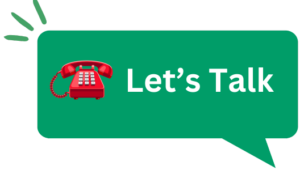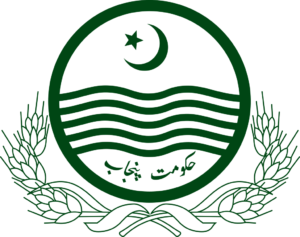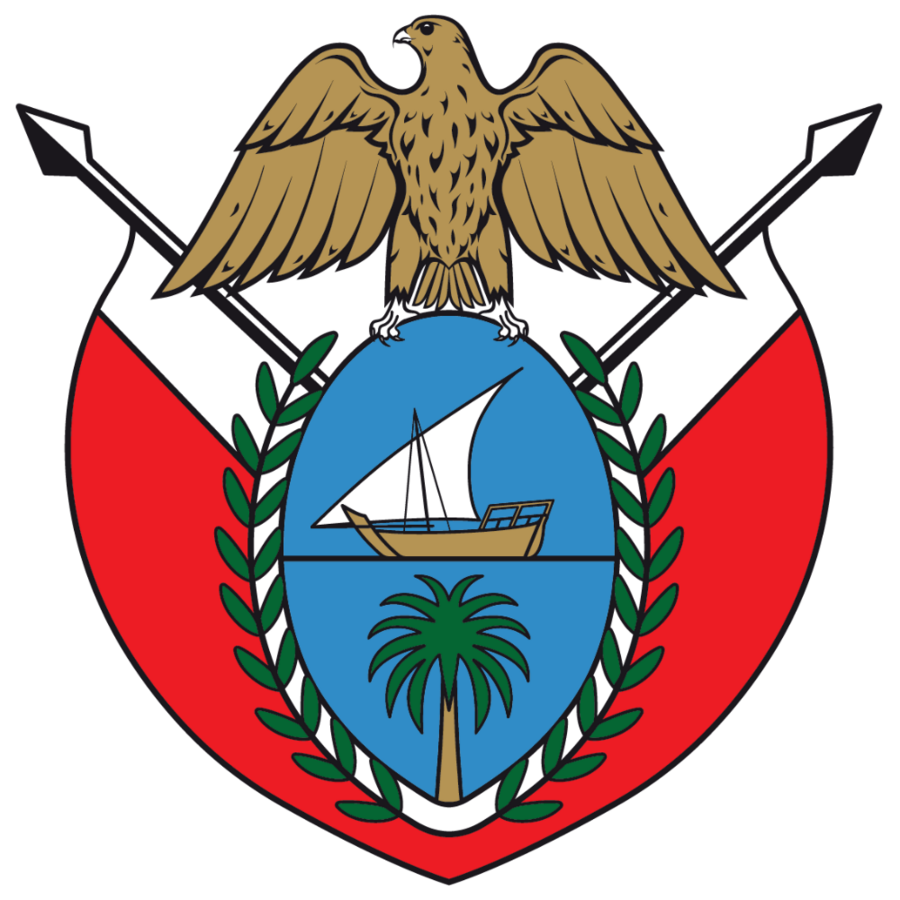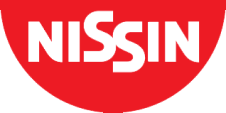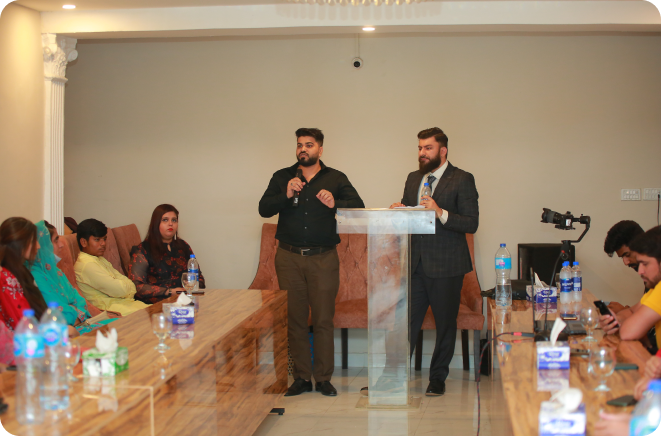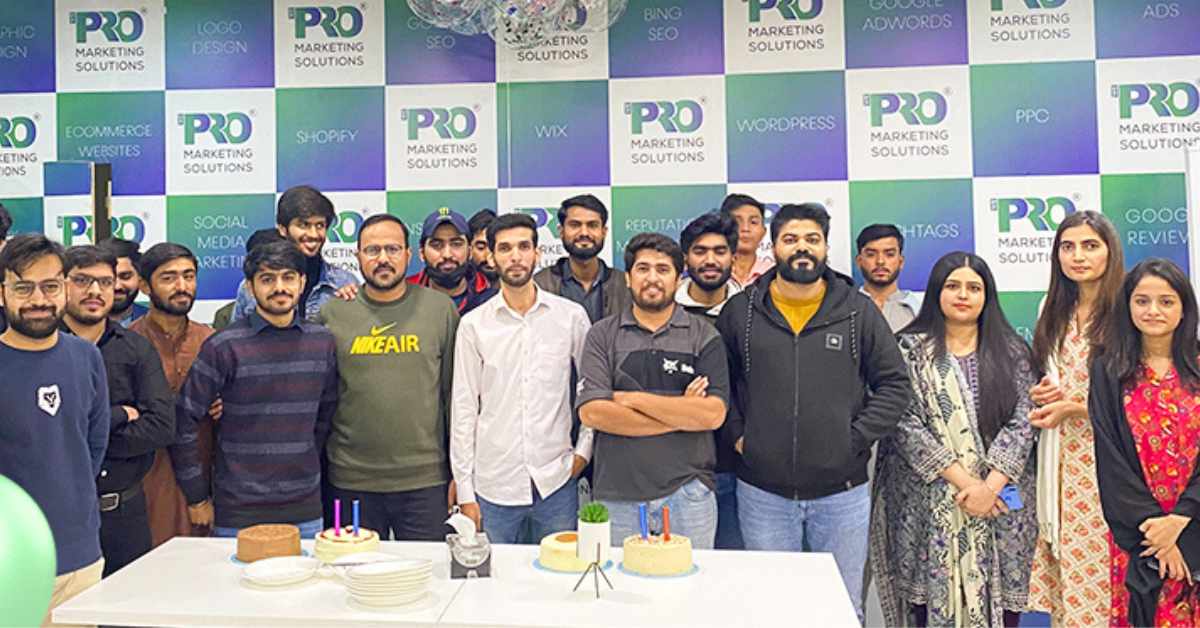In today’s digital era, protecting your online content is essential, especially if you’ve invested significant effort into creating unique work. Whether it’s articles, videos, software, or photos, unauthorized use of copyrighted content is a rampant problem, particularly for content creators and businesses in Lahore, Pakistan. Luckily, the Digital Millennium Copyright Act (DMCA) provides a robust framework for content owners to request the removal of infringing material from websites or platforms.
What is a DMCA Takedown Request?
A DMCA Takedown Notice is a formal legal request that allows content creators or copyright holders to demand the removal of infringing material from a website or online platform. Although the DMCA is a U.S. law, it has global implications and is often accepted by online platforms worldwide, including in Pakistan. Website owners, Internet Service Providers (ISPs), and online platforms such as social media sites must comply with DMCA notices to avoid legal liabilities.
This process helps individuals in Lahore and across Pakistan protect their copyrighted material from being illegally used on websites, blogs, or social media platforms without permission.
Key Steps to File a DMCA Takedown Request
Filing a DMCA takedown notice involves several critical steps to ensure the removal of infringing content. Here’s a step-by-step breakdown:
1. Identify the Infringing Content
The first step is to identify the content that has been stolen. You must locate the URL (web address) where the infringing material is published. It could be a website, social media page, or even an online store using your images or videos without consent.
- Infringing URL: This is the web address of the infringing content. For example, if someone is using your blog post or image, note the exact URL.
2. Identify the Source URL
The source URL is where the original content was hosted before it was copied. This could be your personal website, social media account, or cloud storage. Even if the content is no longer available on the original source, providing the original URL strengthens your claim.
3. Gather Proof of Ownership
It’s essential to prove that the content belongs to you. You’ll need to provide a description of how the content was created, when it was published, and how it was stolen. If the content is registered with a copyright office (like in the U.S.), it makes your case even stronger, though registration is not required in most countries.
Filing a DMCA Takedown Request in Pakistan
Once you have the required information, the next step is to file the notice. While the DMCA is a U.S.-based law, many service providers and ISPs in Pakistan follow the same procedures for content removal.
- Locate DMCA Reporting Information: Most websites have a dedicated page for filing DMCA complaints. This is usually located in the site’s footer or under the “Legal” or “Privacy Policy” section. For platforms like YouTube, Instagram, or Facebook, the process is straightforward, and they often have their own built-in systems for filing copyright claims.
- Submit the DMCA Notice: You can either submit the notice yourself or hire a service like DMCA.com, which provides both full-service and DIY (Do It Yourself) options.
- Full-Service Takedowns: DMCA.com takes care of the entire process. You simply fill out a form, and they manage the takedown. This service is ideal for businesses or individuals who want a hassle-free solution.
- DIY Takedown Service: If you’re a webmaster or tech-savvy, you can use a toolkit to craft and file your takedown requests. This method is more cost-effective and gives you control over the process.
- Wait for Response: After filing the notice, the website owner or hosting provider typically has a limited time (usually 10 to 14 days) to respond and remove the infringing content. If they don’t comply, you may need to pursue legal action.
DMCA Takedown Requests and Pakistani Law
While Pakistan doesn’t have a direct equivalent to the DMCA, copyright is still legally protected under the Copyright Ordinance, 1962. Websites based in Pakistan or operated by Pakistani nationals are bound to respect copyright law. If the website is hosted locally, you may need to contact the local web hosting provider or ISP to request the removal of infringing content.
DMCA requests can still be filed for international platforms operating in Pakistan, like Google, YouTube, Facebook, and Twitter, which comply with DMCA standards even in non-U.S. territories.
Who Can File a DMCA Takedown Request?
If you’re based in Pakistan and wondering if you’re eligible to file a DMCA takedown, here’s a list of individuals who can submit a request:
- Content creators (photographers, writers, videographers, etc.)
- Copyright owners (whether registered or unregistered)
- Authorized agents or lawyers representing copyright owners
- Website or social media account owners whose content has been stolen
- Software developers or programmers whose code has been copied
If you’re unsure whether you qualify, it’s advisable to consult with legal professionals or DMCA specialists.
DMCA and International Jurisdiction
One common question for website owners and content creators in Lahore is whether a DMCA takedown works for non-U.S. websites. The answer is yes, in many cases. Large platforms like Facebook, Instagram, and YouTube accept DMCA notices from all over the world. Additionally, DMCA.com provides assistance in crafting notices that comply with local legal standards.
In Pakistan, it’s important to check whether the hosting provider of the infringing site is based domestically or internationally. For domestic sites, you might also need to explore local legal options under Pakistani copyright laws if the DMCA process doesn’t yield results.
What Happens After You File a DMCA Takedown Notice?
Once a DMCA takedown notice is filed, the process can take several paths:
- Content Removal: If the website owner or platform complies with the DMCA notice, they will remove the infringing content. This is the most common outcome.
- Counter-Notice: In some cases, the website owner may file a counter-notice claiming that the use of the content is legal under fair use or another exemption. In this case, the content might be reinstated unless you pursue legal action.
- Legal Action: If the infringing party refuses to take down the content, and you have sufficient proof of copyright ownership, the next step could involve legal action. In Pakistan, this could mean filing a complaint under the Copyright Ordinance, 1962, or pursuing international legal channels if the platform is overseas.
How DMCA Takedowns Impact SEO
In addition to protecting your content, filing DMCA notices can have significant implications for your website’s SEO. Search engines like Google often penalize websites that host copyright-infringing content by de-indexing them, which can drastically reduce their visibility in search results.
- Google Transparency Report: Google publishes all DMCA takedown requests, and once a notice is filed and verified, it may remove the infringing URLs from its search index. This is beneficial for content creators in Pakistan as it prevents infringing websites from benefiting from stolen content.
By filing a DMCA notice, not only do you remove the unauthorized content, but you also protect your SEO rankings and organic traffic.
Best Practices to Prevent Copyright Infringement
The best way to avoid the hassle of filing DMCA notices is to take steps that discourage content theft in the first place. Here are a few tips for individuals and businesses in Lahore:
- Watermark Your Images: If you’re a photographer or graphic designer, add watermarks to your images before posting them online.
- Register Your Content: While it’s not required to file a DMCA notice, registering your content with a copyright office, either in Pakistan or abroad, strengthens your legal position.
- Monitor for Stolen Content: Use tools like Google Alerts or plagiarism detectors to track where your content is being used online.
- Display Copyright Information: Always display copyright information on your website or platform. This could include a copyright notice in your footer or terms and conditions page.
Helpful Resources for DMCA Takedowns
If you’re looking for further guidance on DMCA takedowns, here are some helpful resources:
- DMCA.com Full-Service Takedown: DMCA.com’s takedown services can help handle the entire process for you.
- U.S. Copyright Office DMCA Guide: For detailed legal information and DMCA forms.
- Google DMCA Takedown: Google’s own guide to filing takedown notices.
Wrapping Up: Protect Your Content with DMCA Takedown Requests
Whether you’re an artist, a developer, or a business in Lahore, protecting your online content is crucial. Filing a DMCA Takedown Request is one of the most effective methods for removing stolen content from the internet. By understanding the process, knowing how to file, and staying proactive about copyright protection, you can ensure that your hard work is safeguarded against infringement.
And remember, if you’re ever unsure about the process or need help, WeProms Digital in Lahore can assist you with all aspects of DMCA compliance and digital marketing solutions to protect and promote your content effectively.
















